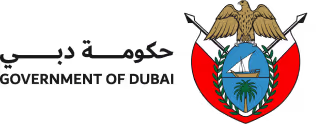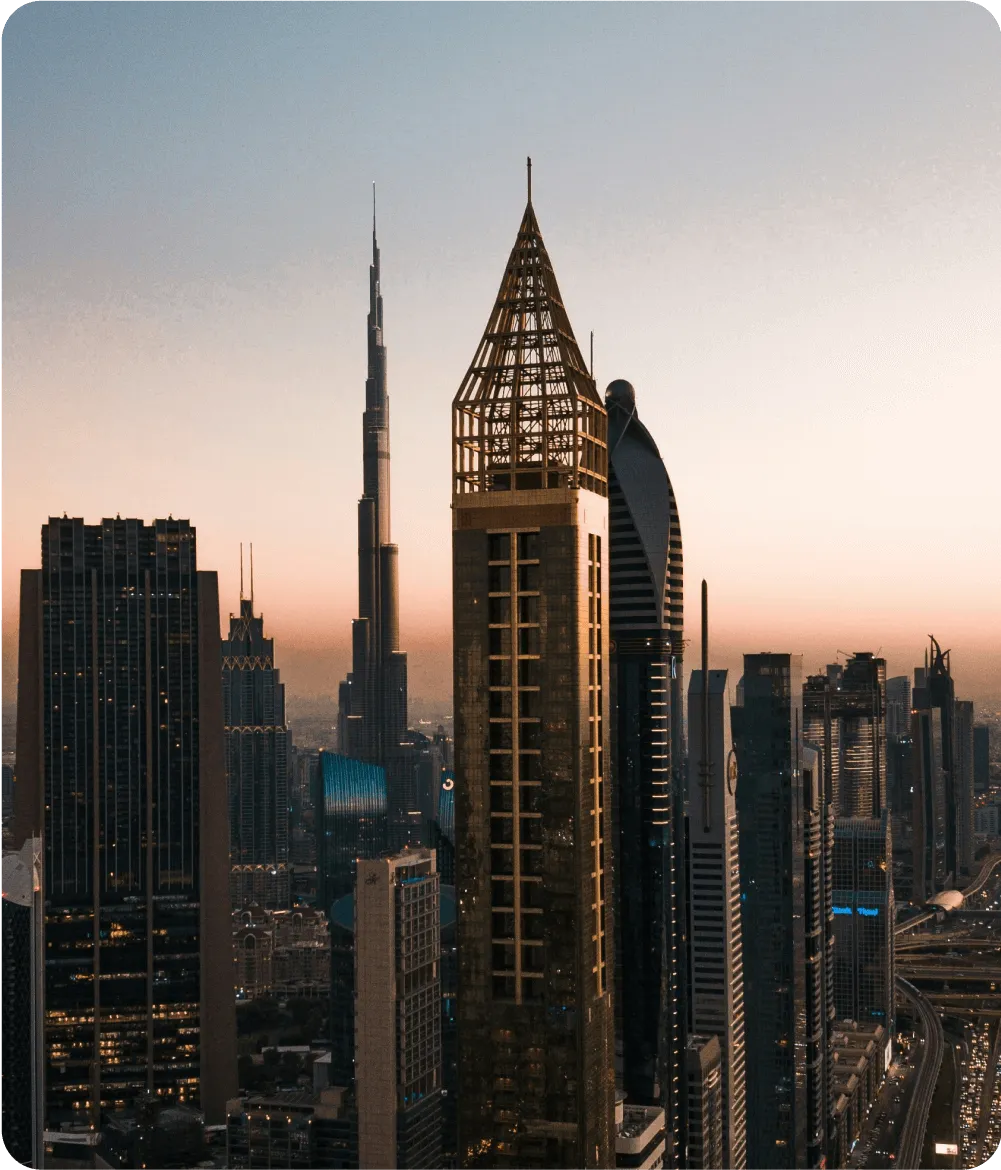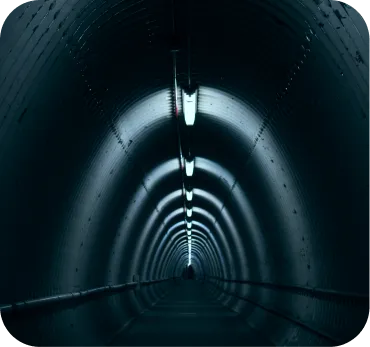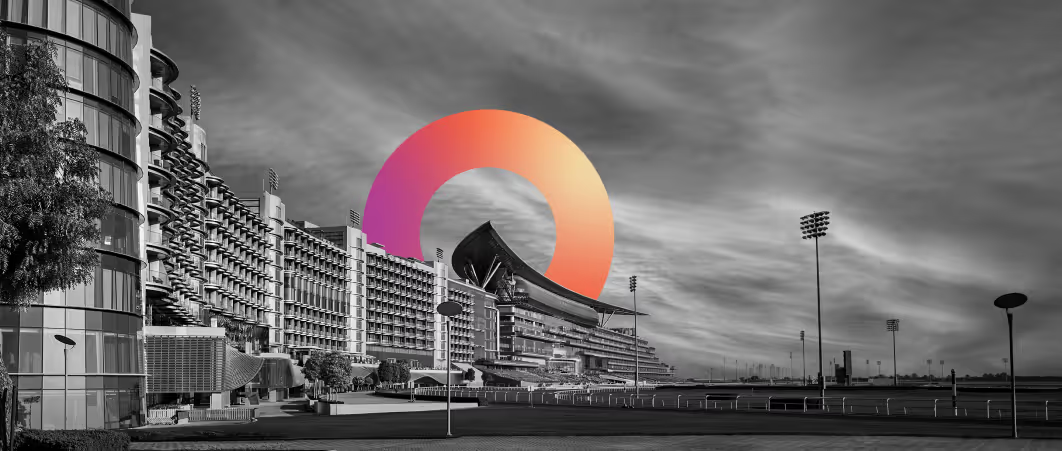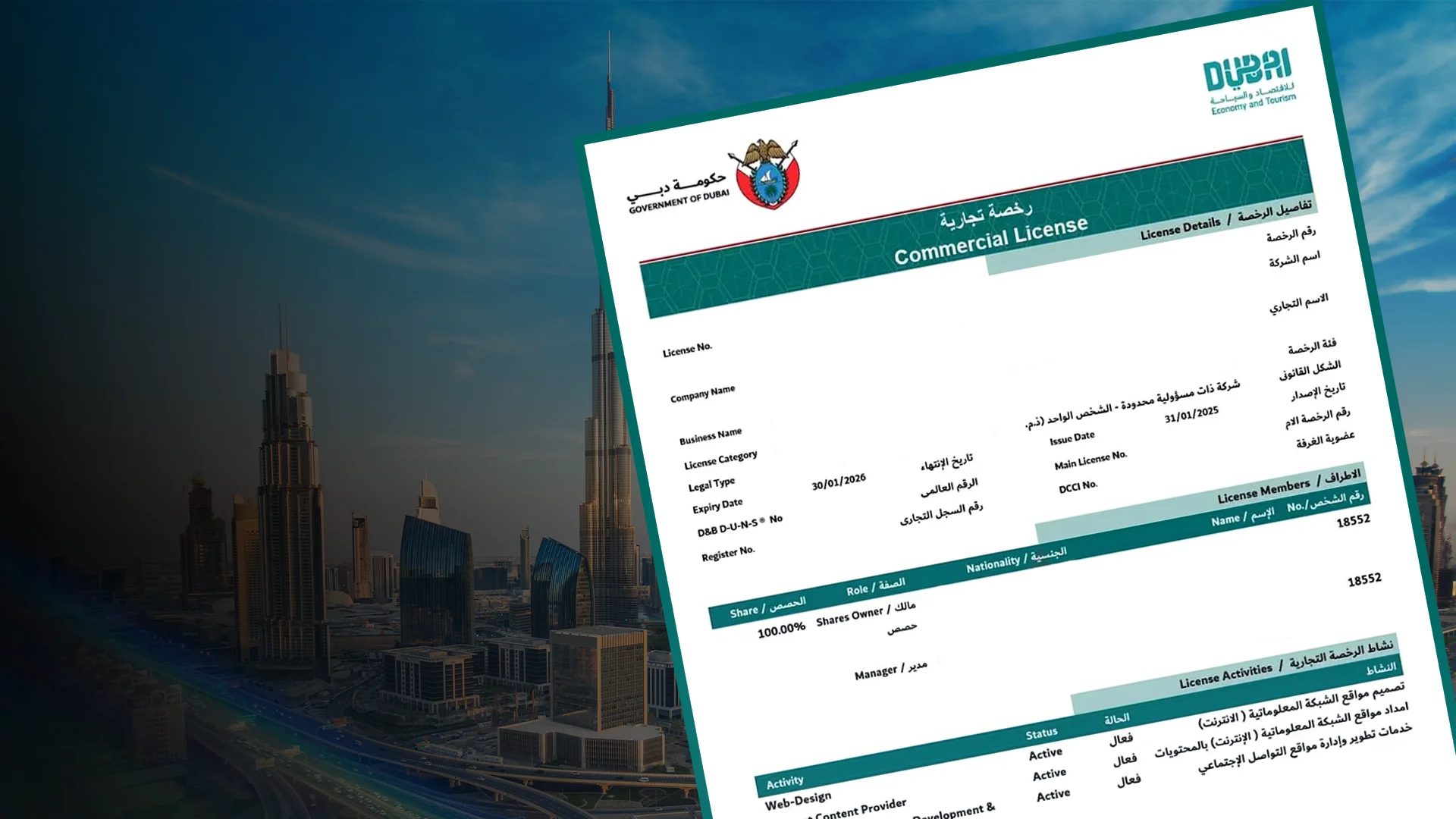
Topic Summary
1. Leverage Strategic Location and Infrastructure
Meydan Free Zone benefits from its prime location in Dubai, offering proximity to key transport hubs such as Al Maktoum International Airport and Jebel Ali Port. This strategic positioning enables faster logistics, smoother international trade, and improved customer reach, forming a natural barrier to competitors reliant on less accessible locations.
2. Utilise Competitive Licensing and Cost Advantages
With cost-effective business setup options and streamlined licensing processes, Meydan Free Zone enables companies to operate with reduced overheads. By capitalising on these financial efficiencies, businesses can offer competitive pricing models that deter market entrants unable to match such cost structures.
3. Establish Robust Legal and Regulatory Safeguards
Meydan Free Zone provides a secure and transparent legal framework that protects intellectual property rights and commercial interests. This regulatory environment helps safeguard proprietary products, services, or technologies, making it more challenging for competitors to replicate or undermine the business.
4. Develop a Strong Brand Presence within a Thriving Ecosystem
Being part of a flourishing business community in Dubai, ranked among the world’s top ecosystems, offers unparalleled networking and collaboration opportunities. By actively engaging with key stakeholders and positioning your brand prominently, you create intangible value that strengthens customer loyalty and market recognition.
5. Capitalize on Advanced Digital and Technological Infrastructure
Meydan Free Zone supports enterprises by offering access to cutting-edge IT infrastructure and digital services. Implementing innovative technologies enhances operational efficiency and customer experience, providing a technological moat that sustains competitive advantage and scalability over time.
Some businesses sprint, and others scale. But the ones that have lasting success? They thrive on a moat. An economic moat is your edge.
What makes your offerings hard to copy, easier to grow, and built to grow? Whether it’s your brand, platform, or pricing, your moat is what protects your business from being overshadowed.
If you have a business setup in a country that ranks amongst the world’s top ecosystems for entrepreneurs —the potential to grow exponentially is massive.
This guide will help you understand what an economic moat really is, how to build one, and how we can help you make it effortless.
Understanding the Concept of an Economic Moat
The term “economic moat” was coined by Warren Buffet. A moat isn’t just something that keeps you ahead of the market, it keeps others out. In business, that translates to protecting your edge.
A needle in a haystack. Branding you can’t scroll past. Maybe it’s your cost model, your product, or customer base. Whatever it is, an economic moat helps you stay valuable, visible, and tough to replace, even in a crowded market.
Key Types of Economic Moats
Each economic moat, whether wide or narrow, gives your business a competitive edge.
What’s the difference?
A wide moat gives a business a large market share because they are hard to duplicate.
A narrow moat gives a smaller market share because the competitive edge only lasts for a little while.
Here are the most common moat types:
Why Economic Moats Drive Long-Term Success
Without having a moat, your ideas can be copied off easily, prices can be undercut, and customers can sway to others.
But what do you stand to gain with an economic moat?
- You gain more pricing power
- More customers are loyal to you. This means more callbacks.
- Your business valuation improves.
- Staying competitive regardless of market changes
Meydan Free Zone: Your Launchpad for Building an Economic Moat
If you’re setting up your business with Meydan Free Zone, you’re already off to a great start. Here’s how we help you build a strong business and financial moat:
- A built in cost advantage
Zero personal income tax, zero corporate tax, as a qualified Free Zone company. You get room to grow without pressure on your bottom line. Keep it simple using our cost calculator to plan and move forward with confidence. - Brand protection and intellectual property
A brand name that resonates is vital. If you want a company name that sticks and is fully yours, Our Company Name Check tool makes it easy for you. With 100% ownership and IP guidance, you’ve got control from the get-go.
- Establish high switching costs
A digital-first, fully managed business experience from accounting, taxation to visa renewals. A reliable, consistent backend equals everything working like clockwork. And in return? Your customers grow to trust you.
- Flexible business model
If you want quick, big and bold, our Fawri license supports over 1,800 business activities you can choose from. Expand across industries, open up your borders, and grow stronger with every customer.
In Conclusion
Whether you're a solo entrepreneur, a rising start-up, or ready to scale, your economic moat is what keeps you ahead. It’s not just protection; it’s your advantage, your staying power, your edge in a competitive market.
At Meydan Free Zone, we help you build that moat from day one. From fast, digital licensing to full ownership and tax advantages, we give you the tools to turn a good idea into a defensible, scalable business.
Whatever your edge — innovation, cost efficiency, customer trust — we help you sharpen it.
Let’s build smart. Let’s build strong. Let’s build momentum that lasts.
FAQs
1. What does economic moat mean in business?
An economic moat is what protects your business from competitors. It could be your brand, pricing, technology, or customer loyalty. Any factor that gives you a lasting advantage others can’t easily copy or replicate.
2. What is the moat full form in business?
The term “moat” means competitive edge. Don’t get it mistaken for an acronym because it’s a metaphor for how a castle’s moat can protect it from an attack. It’s similiar to how your business moat can protect and uphold your market position.
3. Is a wide moat better than a narrow one?
A wide moat simply means that you have many advantages instead of a few. making it harder for competitors to catch up. A narrow moat is still good but may need you to constantly innovate to stay ahead in a fast-moving market.
4. How does Meydan Free Zone help me build a moat?
You start with a cost-effective structure, scale globally, and protect your brand with full ownership intact. Everything from 24/7 digital support, getting your license under 60 minutes, compliance checks to setting up your bank account is sorted using one platform that supports your growth.
5. Can startups have an economic moat?
Absolutely. Even small businesses can create moats through niche focus, unique products, customer experience, or smart pricing. Meydan Free Zone helps you unlock that early with scalable licensing.
6. What are some examples of economic moats?
Brands like Apple use switching costs and brand loyalty. Amazon uses cost advantage. Facebook grows through network effects. These strategies help them maintain dominance—and guess what? Your business can build the same with the right setup
7. What makes Meydan Free Zone ideal for long-term business growth?
With 100% foreign ownership, 0% personal tax, and flexible license options, Meydan Free Zone removes barriers to growth. You build once and expand without friction, locally and globally.
